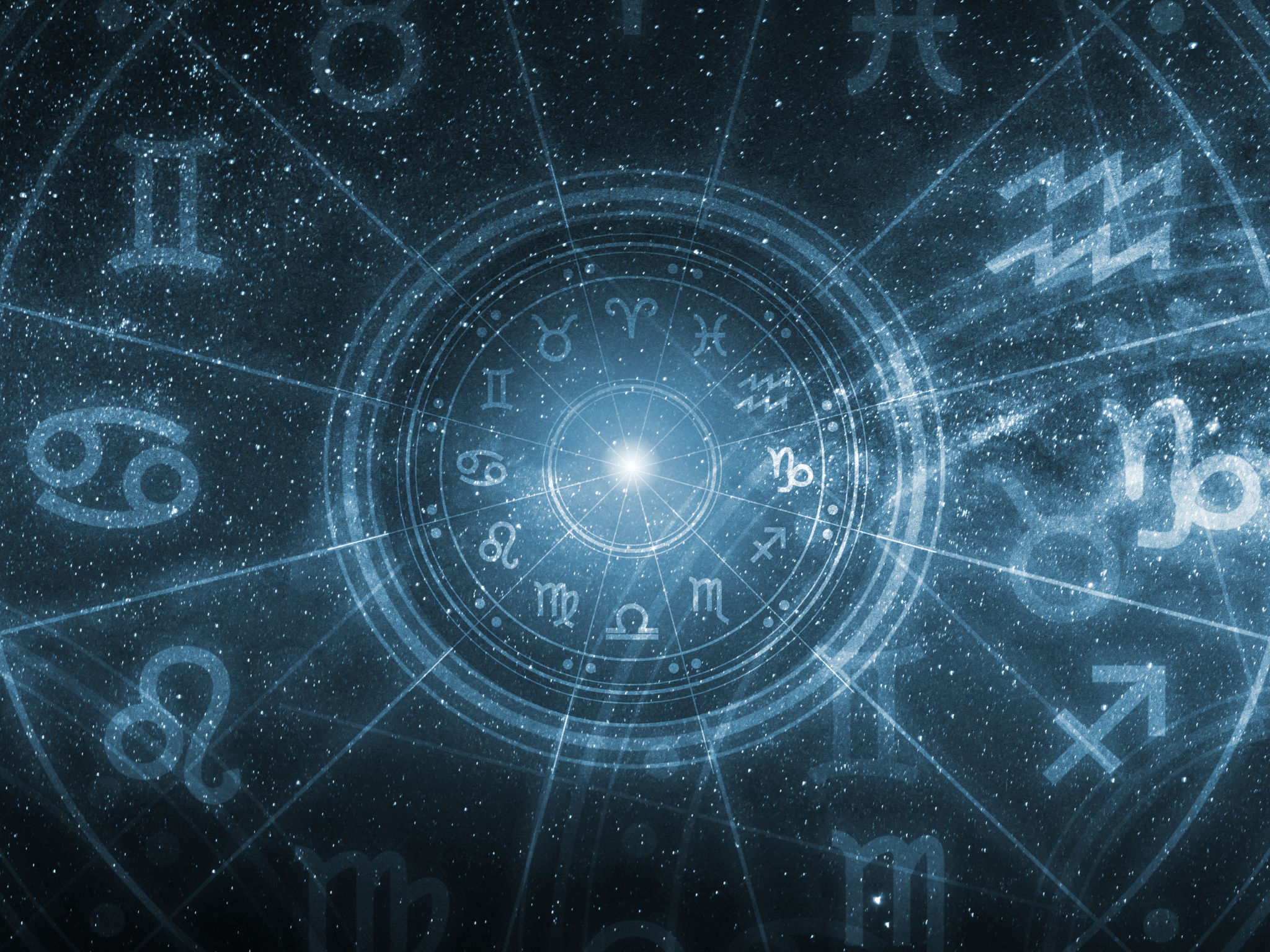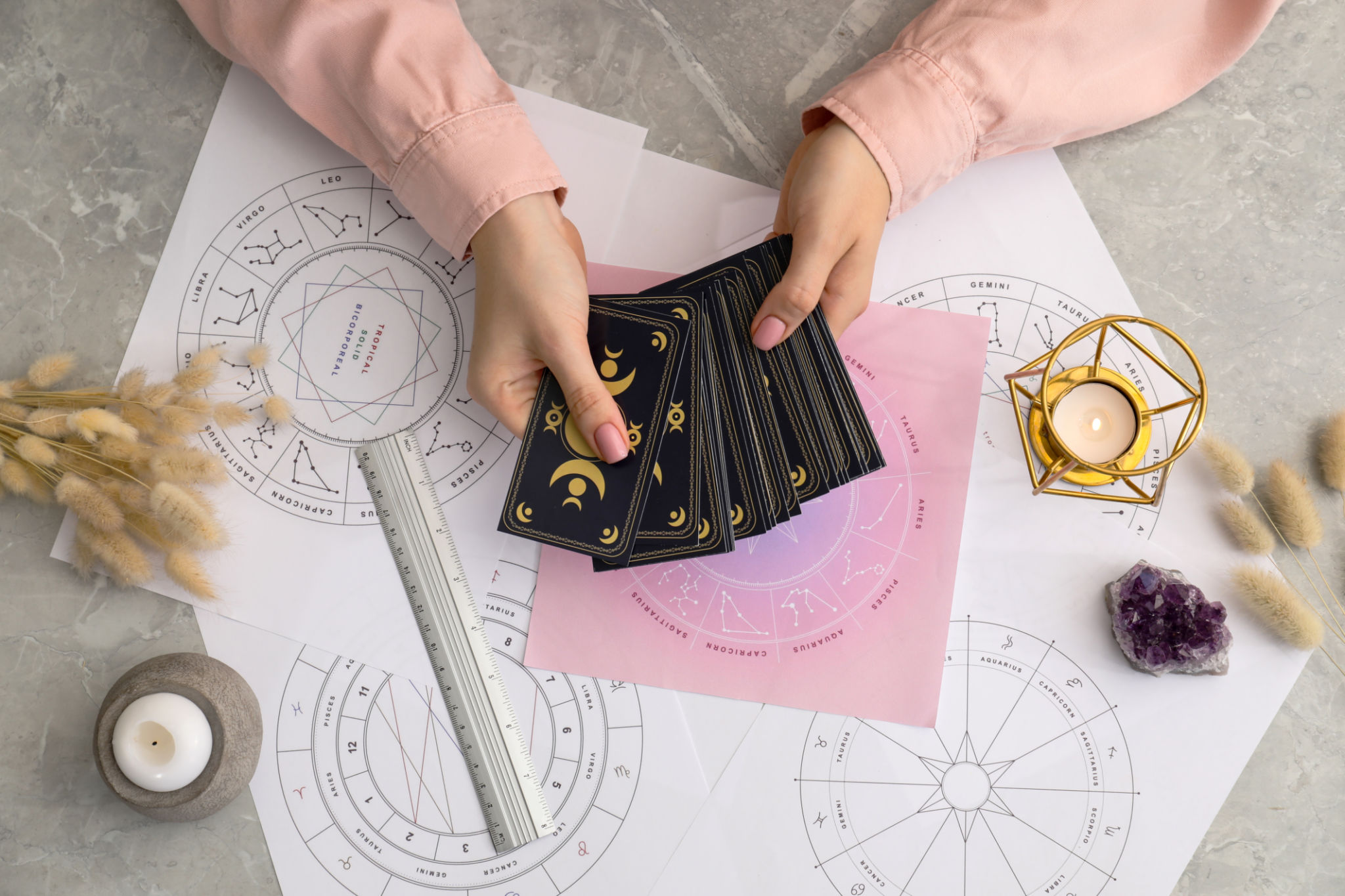Common Misconceptions About Astrology Debunked
Understanding Astrology: Beyond the Myths
Astrology has been a subject of fascination for centuries, yet it often suffers from a range of misconceptions. Many people dismiss it as mere superstition, while others misunderstand its principles. In this blog post, we aim to debunk some of the most common myths surrounding astrology and shed light on its true nature.

Misconception 1: Astrology Predicts the Future
One of the most prevalent misconceptions is that astrology is about predicting the future. In reality, astrology is more about understanding personality traits and tendencies rather than making definitive forecasts. It offers insights into potential challenges and opportunities rather than specific outcomes. This nuanced approach can help individuals make more informed decisions.
Astrology focuses on the positions of celestial bodies at the time of one's birth, providing a map of potential influences on a person's life. While it can suggest potential trends, it doesn't claim to predict exact events. This distinction is crucial in understanding astrology's true purpose and value.
Misconception 2: All Horoscopes Are the Same
Another common fallacy is that all horoscopes are identical and offer generic advice. However, astrology is a complex discipline that considers multiple factors, including the sun sign, moon sign, and rising sign, among others. Each individual's astrological chart is unique and provides detailed insights tailored to their specific circumstances.
General horoscopes often found in newspapers or online are simplified and meant for entertainment purposes. For a more personalized reading, one would need to consult a professional astrologer who can analyze the complex interplay of various astrological elements.

Misconception 3: Astrology Is Not Scientific
Many critics argue that astrology is unscientific because it lacks empirical evidence. While astrology may not adhere to traditional scientific methods, it is rooted in centuries of observation and correlation between celestial phenomena and human experiences. It is important to distinguish between the scientific method and other forms of knowledge that can still offer valuable insights.
Moreover, astrology is considered a symbolic language rather than a science. It provides a framework for understanding human behavior and relationships through archetypes and symbols. While it may not be "scientific," it has been an essential part of human culture and history.
Misconception 4: Astrology Determines Fate
A common fear is that astrology dictates one's fate, leaving no room for personal agency or change. In reality, astrology highlights potential influences and patterns but acknowledges that individuals have free will. It encourages self-awareness and personal growth by identifying areas of strength and challenge.
Astrology can be empowering when used as a tool for reflection rather than a deterministic framework. It allows individuals to make conscious choices aligned with their values and life goals.

Embracing Astrology with an Open Mind
In conclusion, astrology offers a rich tapestry of insights that can enhance self-understanding and personal development when approached with an open mind. By debunking these common misconceptions, we can appreciate astrology's true potential beyond simplistic interpretations. Whether you're a skeptic or a believer, there's no denying the intrigue and depth that astrology brings to the table.